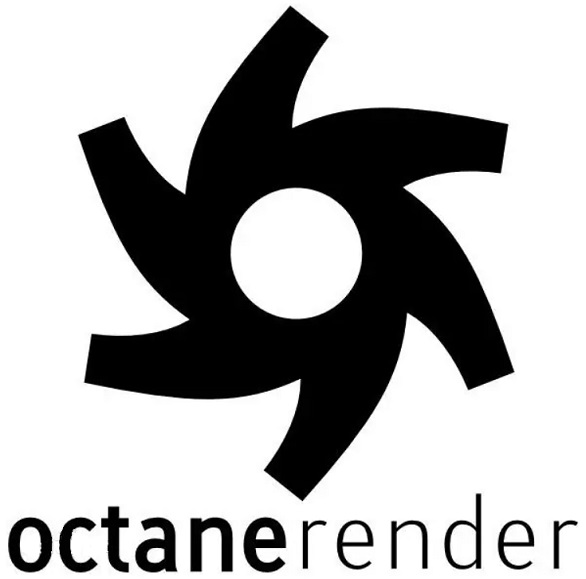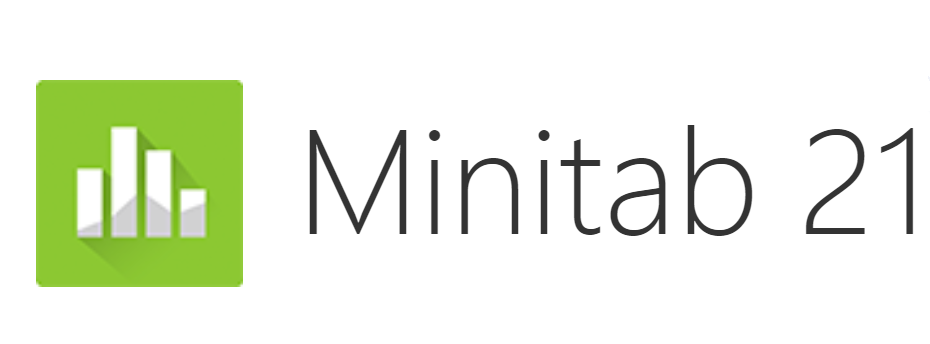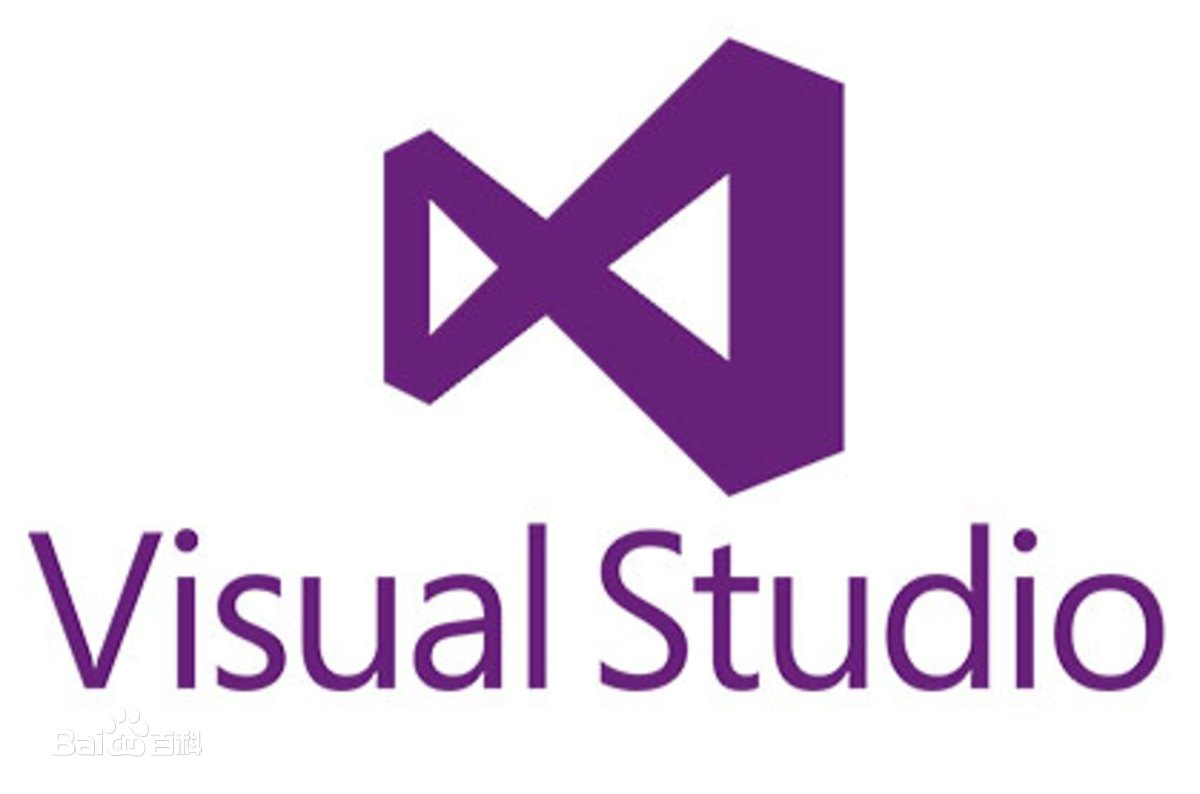Introduction

UltraEdit is a powerful text editor, which can edit text, hexadecimal, and ASCII codes. It can completely replace notepad (if the computer configuration is powerful enough). Built in English word check, C++, and VB instructions highlight. It can edit multiple files at the same time, and even open large files without slow speed.
UltraEdit is a popular legacy text/HEX editor (non open source) under Windows. UltraEdit is being ported to the Linux platform. The port is called UEX, which means UltraEdit for Linux. UEX has a native Linux appearance, and its interface, configuration, hotkeys, and more are the same as the Windows versionгҖӮ
UltraEdit provides a user-friendly programming editor that supports syntax highlighting, code folding, and macros, as well as a host of other features, with built-in support for syntax such as HTML, PHP, and JavaScript
UltraEdit code folding supports 64 bit file processing on all 32-bit Windows platforms (standard), Unicode supports disk based text editing and large file processing - supporting files exceeding 4GB, even files in megabytes only consume minimal memory.
Function
1.Configurable syntax highlighting, supporting code folding and Unicode; 64 bit file processing on 32-bit Windows platformsгҖӮ
2.Disk based text editing and support for large file processing exceeding 4GB, even files in megabytes only consume minimal memory
3.Support multi line search and replace dialog boxes in all search operations (find, replace, find in file, replace in file);
4.A spelling checker with 100000 words, pre configured for C/C++, VB, HTML, Java, and Perl;

5.Built in FTP client, supports logging in and saving multiple accounts, and supports SSH/Telnet windowsпјӣ
6.Provide a pre-defined or user created editing "environment" that remembers the status of all dockable windows, toolbars, etc. of UltraEditпјӣ
7.Integrated Scripting language for automatic task execution, configurable keyboard mapping, column/block mode editing, named templatesпјӣ
8.The Hex editor can edit any binary file and display binary and ASCII viewsпјӣ
9.HTML toolbar, pre configured for commonly used HTML functions; File encryption/decryption; Multi Byte and Integrated IMEгҖӮ
10.Network search toolbar: Highlight the text and click the Network search toolbar button to start the search with highlighted words from within the editorпјӣ
Basic Introduction
From the above list, you can basically know what UltraEdit is for: a compact, comprehensive, flexible and user-friendly text editor, especially suitable for source code writingгҖӮ
There is certainly nothing to say about editing text files. My article is a plain text file written in UltraEdit. Just use it yourself and you'll know. However, even as a text editor, it is much stronger than Windows' NotePad, but of course, compared to Unix's vi, it is a bit inferior. If compared to vi, perhaps the biggest advantage is the graphical operating environment, which eliminates the need to memorize countless complex commandsгҖӮ
Running instructions
Method: In the dialog box of the Advanced ->Tools Configuration menu

1гҖҒConfigure Javac
Enter on the command lineпјҡjavac %n%e
Working directory inputпјҡ%p
2гҖҒConfigure Java Run Command
On the command line, enter: java% n Working directory Enter:% p
Note: Javac - d% n% e [compile JAVA programs that are not default packages],% n: current path,% e: execute current file name,% p: current directoryгҖӮ
Then you can see the two newly established tools in the advanced section, and you can directly compile and run themгҖӮ
FTP mode operation
Most of the time, you write code on your own machine, and the source files also exist on your own machine. Sometimes, for example, if you work on a company's network, or if you hack someone else's network and can access someone else's computer through FTP, you may consider directly FTP to the server, modify the files there, and then save them back directly.

Take a look at the File menu, there is an FTP submenu, and then enter your username and password to open the file there. This is commonly used for writing JSP, ASP, HTML, and more. Especially for JSP, if you don't have a JSP container on your own machine and the files you edit need to be available on that server, then use FTP to work. After editing, use FTP to save it back









